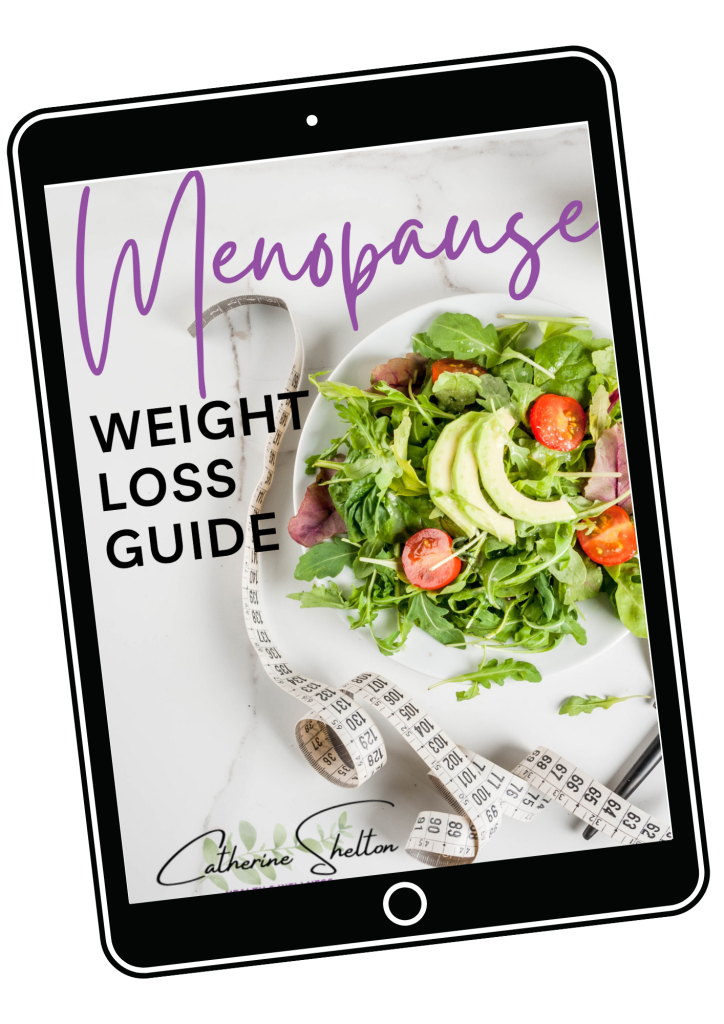Our bodies are made up of over 60% water, so it’s essential to our health that we’re staying properly hydrated and drinking enough water. In which case, the big question is…
As with everything, we’re all individuals and we’re all different, so we need to work out what level of water intake works best for us.
But as a rough guideline:
- Calculate your weight in pounds (for example 150lbs)
- Divide by two (75)
- That’s the amount in fluid ounces you should aim for (75floz)
- If you multiply that by 30 you’ll get a rough idea of how many ml that is (2,250 ml, or 2 litres 250 ml)
Our goal amount of water will change depending on various lifestyle factors. If our diet consists of a lot of high water-content foods, such as fresh fruits, green vegetables, and soups, then we may not need so much. But there are some situations when we’ll need to increase our water intake even more…
In the following situations, you should aim to drink more than your recommended daily allowance:
- in hot or humid temperatures
- if you’re at a high altitude
- during and after exercise
- if you’re ill with fever, diarrhoea, or vomiting
- if you have a bladder or urinary tract infection
- if you’re pregnant or breastfeeding
- if you’re drinking a lot of alcohol
Most of us are very fortunate to have relatively clean, fresh water readily available, and we must continue to do all we can to ensure the rest of the world has access to clean drinking water. We can support initiatives like Samaritan’s Purse and Water Aid.
Having said that, there are still things we can do to ensure we’re drinking the best water possible:
- Avoid bottled water, since there’s evidence that the chemicals in the plastic seep into the water. It’s also bad for the environment.
- Use your own water bottle and carry it with you everywhere. BPA-free is good, but stainless steel or glass is even better. Here’s a water bottle very similar to the one I use.
- Consider installing a water filter at home. Check first what contaminants are in your water supply so you know the best filter to get. Look out for fluoride and chlorine in particular. I personally use the Big Berkey, and I love it! Here’s the link.
Other drinks that contain mostly water also count towards your daily water intake goals, such as herbal teas, juice and milk. Even regular tea, coffee, and sodas count, but you may not want to drink too much of those for other reasons. The only liquid that doesn’t really count is alcohol.
Yes! So please check with your doctor if you’re making a big change to the amount your drinking, especially if you have underlying health issues such as kidney problems. If you drink too much water you could flush out essential minerals from your body, so don’t go overboard. However, too little water can cause dehydration, fatigue, and headaches, so it’s important to get the right balance. But generally as a population, we tend to not be drinking enough. You can tell if you’re drinking enough water if your urine is colourless or very light yellow and you rarely feel thirsty.
If you up your water intake you should notice some great benefits, such as:
- Detoxifying. Drinking more water helps your kidneys flush out the toxins in your body, and helps prevent kidney stones and urinary tract infections.
- Better Bowel Movements. The water helps things run smoothly in your digestive tract and helps avoid constipation.
- Weight Loss. Many people think they’re hungry and reach for a snack when in reality they’re just thirsty. By drinking more water you can crowd out your need for grazing and end up consuming fewer calories.
- Better skin. When your skin doesn’t get enough water it gets more dry and wrinkled.
- Reduced muscle fatigue after exercise. Muscle cells need adequate water in order to perform efficiently.
- Fewer colds. Drinking more water helps our body fight better against disease and sickness.
- Fewer headaches. Migraines and even back pain are often caused by dehydration.
- Clearer mental acuity. Your brain is mostly water, so drinking more water helps reduce brain fog and improves concentration and focus.
- Carry a water bottle around with you at all times and keep track of your daily water intake.
- Drink a large glass of water immediately after waking, since that’s when we’re most dehydrated.
- Don’t drink too much during meals as this disrupts your digestive process. Instead, drink half an hour before or after a meal.
- If you’re not too keen on the taste of water, try adding a slice of cucumber, lemon or strawberry, or a mint leaf and let it infuse for a few minutes.
- When you’re increasing your water intake it’ll take a few days for your body to adjust, so make sure you do it gradually. If you’re out and about a lot you’ll be rushing to find a toilet! For the same reason, you don’t want to be drinking a lot of water just before you go to sleep.
What are your tips for drinking more water throughout the day? Let us know in the comments below!
Drinking more water is just one of many simple steps you can take to modify your diet and lifestyle which can have a hugely beneficial effect on your overall health and energy levels, as well as help ease your perimenopausal symptoms. If you’re interested to find out more, jump on a free, 30-minute discovery call with me, I’d love to hear from you.
Disclaimer: This information is for educational purposes only and does not replace advice given by your primary care provider. Please see your doctor if you’re considering making substantial changes to your diet and lifestyle.

GRAB YOUR FREE MENOPAUSE WEIGHT LOSS GUIDE!
Are you finding the pounds are gradually creeping on? Are you frustrated because the usual trick of ‘eat less, move more’ just isn’t working anymore?
In this guide, I explain why women often gain weight in perimenopause, and I give you 3 simple tips so you can start to turn that around right away!








Leave a Comment